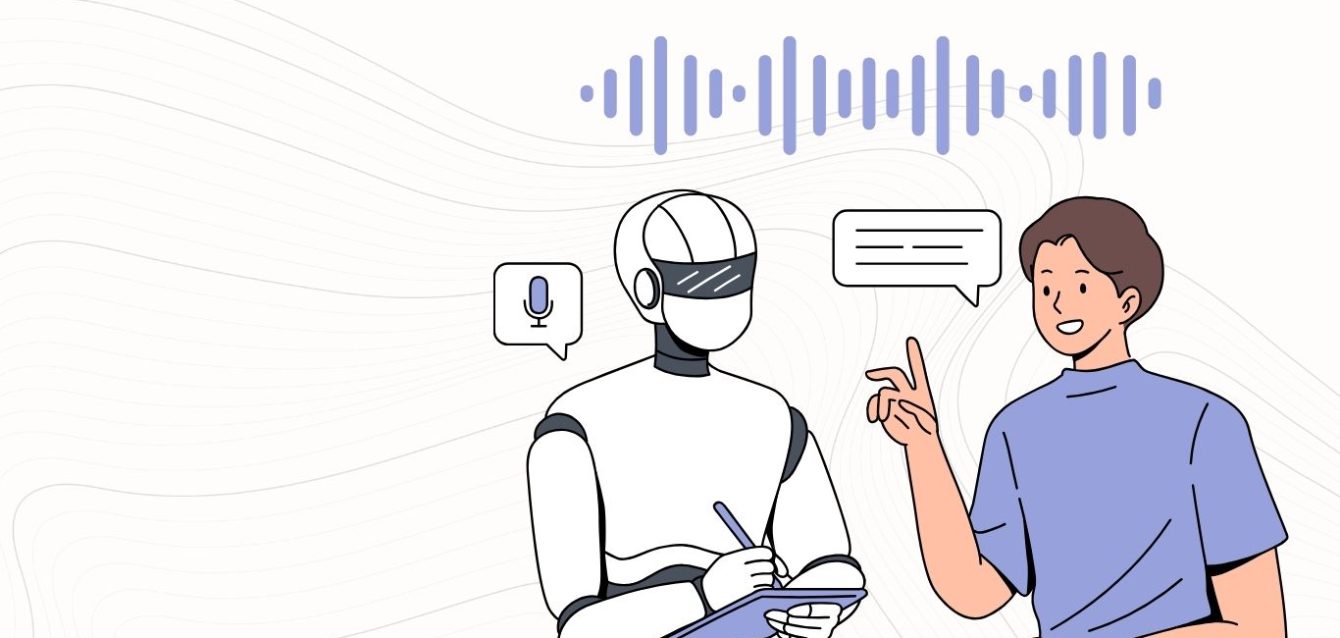How AI is Transforming After-Hours Customer Service in Healthcare
Imagine it’s 10 PM, and a patient experiences minor symptoms but finds their healthcare provider closed. Turning to the internet often leads to unnecessary anxiety. Today, patients expect immediate support, day or night, yet many healthcare providers still struggle to meet these expectations outside regular working hours.
Now imagine a scenario where a patient’s post-surgery questions are answered instantly, even at 2 AM, or a nurse quickly accesses complete medical histories without searching through multiple records. This is not just a vision for the future; it’s happening now, thanks to AI in healthcare.
AI-driven customer service creates meaningful change through automation of patient engagement, providing consistent, reliable 24/7 support across clinics, hospitals, and healthcare organizations—even when human staff is unavailable.
Why After-Hours Support is Essential in Modern Healthcare
Patients today expect healthcare to be accessible at all times. Emergencies and concerns can occur at any moment, and people increasingly demand quick, personalized responses for tasks like booking appointments, checking test results, or asking medical questions. Continuous 24/7 support is critical for meeting patient expectations and delivering quality care.
However, providing such support often burdens healthcare staff. Traditional methods can no longer meet modern demands, resulting in missed opportunities and reduced patient satisfaction.
Challenges in Healthcare Customer Service
Healthcare providers face several distinct challenges:
- High-stakes inquiries requiring timely and accurate responses
- Communicating complex medical information clearly
- Staff overwhelmed by balancing patient care with administrative tasks
- Increasing demand for remote healthcare services
These issues often lead to longer wait times, frustrated patients, and staff burnout. However, implementing AI-powered customer service can effectively address these challenges.
How AI Addresses the After-Hours Gap in Healthcare
Imagine a patient calling a clinic after hours and immediately rescheduling an appointment through an automated assistant. AI makes this possible. AI agents handle appointment scheduling, patient queries, and follow-ups, providing continuous support without human intervention.
From GP clinics in Perth employing automated receptionists to major institutions significantly increasing appointment bookings, AI is enhancing engagement and lead generation efforts. Automated reminders and check-ins reduce missed appointments and streamline administrative workflows.
AI-driven triage services also guide patients in determining whether professional care is necessary or if home care is sufficient, blending convenience with personal attention and freeing healthcare staff for more complex cases.
Enhancing Engagement and Efficiency
AI doesn’t replace administrative staff—it supports them. AI agent automation manages appointment scheduling, organizes medical records, qualifies patient leads, and maintains patient engagement through timely follow-ups and reminders, allowing healthcare providers to focus on essential tasks.
Benefits of 24/7 AI Support in Healthcare:
Faster Response Times AI provides immediate responses to patient inquiries and efficiently directs complex queries to appropriate healthcare professionals. AI-powered self-service also enables patients to quickly find reliable information without overburdening human staff.
Improved Patient Experiences AI supports patients via preferred communication channels, including messaging, chat, or email. It manages routine tasks such as appointment bookings or rescheduling, allowing healthcare professionals to concentrate on critical patient issues. AI systems also provide valuable feedback, helping continuously enhance customer service.
Effective Management of Increasing Demand As patient inquiries grow, AI helps healthcare organizations manage the workload by automating routine questions and tasks. This reduces the pressure on human staff, enabling them to focus on more pressing patient care needs, thereby improving efficiency and patient satisfaction.
The Future of AI in Healthcare
By 2030, AI in healthcare is expected to significantly reduce wait times, enhance staff workflows, and alleviate administrative burdens. As healthcare professionals increasingly adopt AI solutions, they become more confident in using these tools for clinical decision-making and patient care.
In the near future, AI agents could serve as the primary contact point for patients, ensuring seamless experiences from initial engagement to follow-up, regardless of the hour.
Conclusion:
AI solutions are increasingly essential for healthcare providers to manage patient interactions effectively, enhance customer service, and prevent staff burnout. The widespread adoption of AI demonstrates the healthcare industry’s commitment to improving patient satisfaction and operational efficiency.
Never Miss a Lead or Inquiry
and turn them into opportunities with 24/7 support .
and turn them into opportunities with 24/7 support .

